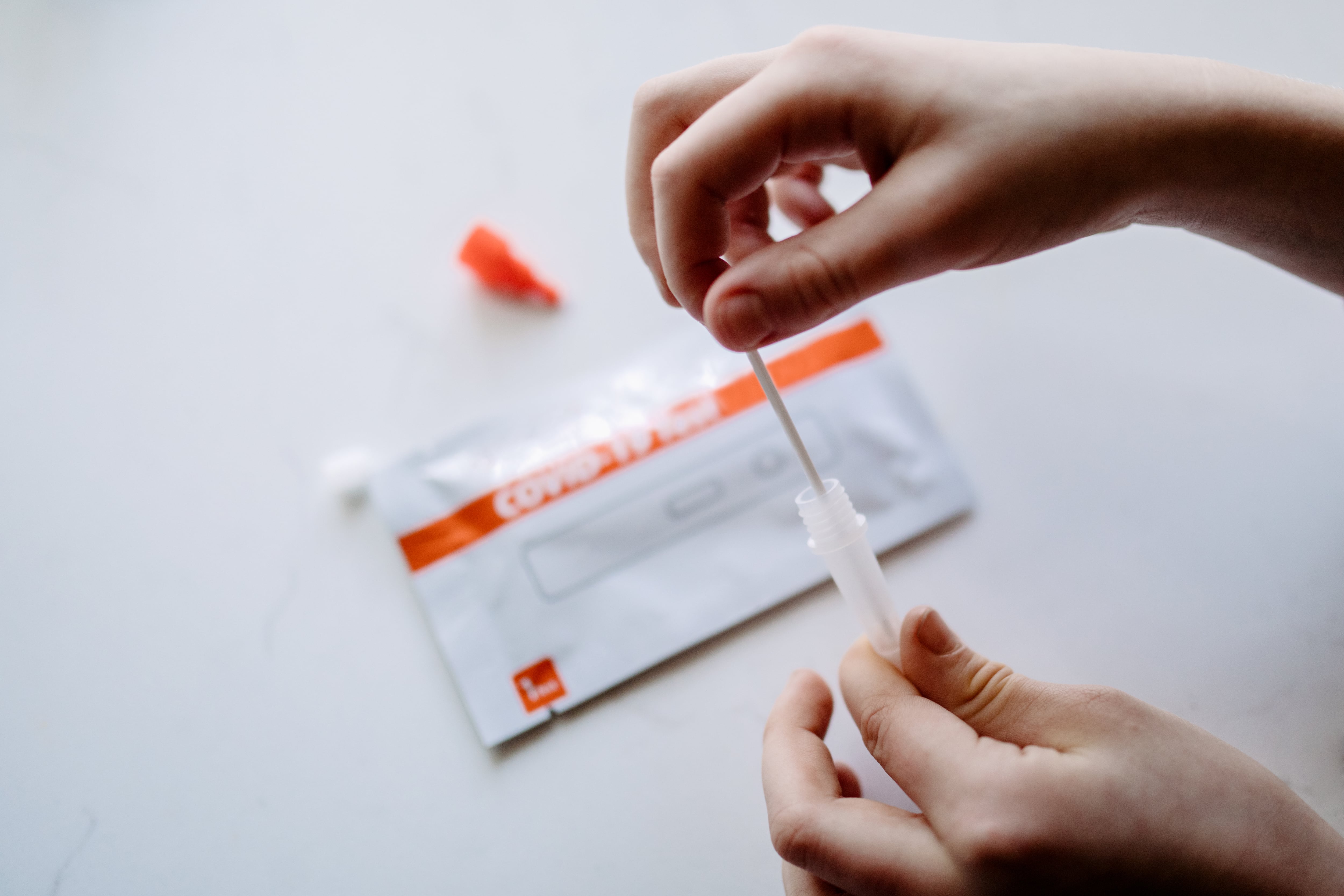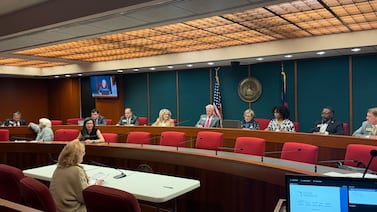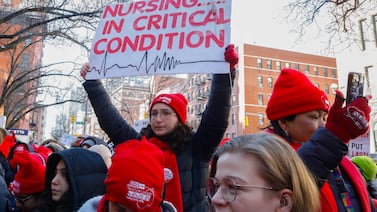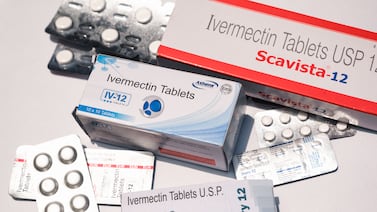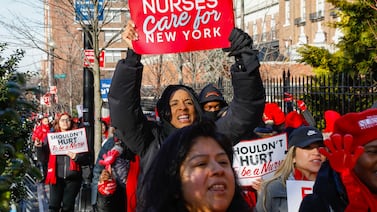This article originally appeared at Your Local Epidemiologist New York. Sign up for the YLE NY newsletter here. Public health, explained: Sign up to receive Healthbeat’s free New York City newsletter here.
Infectious disease ‘weather report’
Ugh, even epidemiologists get Covid.
Recently, my partner and I both felt like we had “allergies” — itchy eyes, mildly scratchy throats, and some lung irritation. It was so mild that at first we didn’t even think to test. When we finally did, his turned positive instantly. Mine never did. But, based on the timing of symptoms, I’m pretty sure I caught it first and then cleared the infection by the time we tested.

Consider this my firsthand evidence that Covid activity is elevated in New York, and the data agree.
Wastewater data is showing an upward trend. I’ll note that the latest data is usually unstable as all the sites submit data, but it stabilizes after about two weeks. This likely explains what looks like a big drop near the end of August.
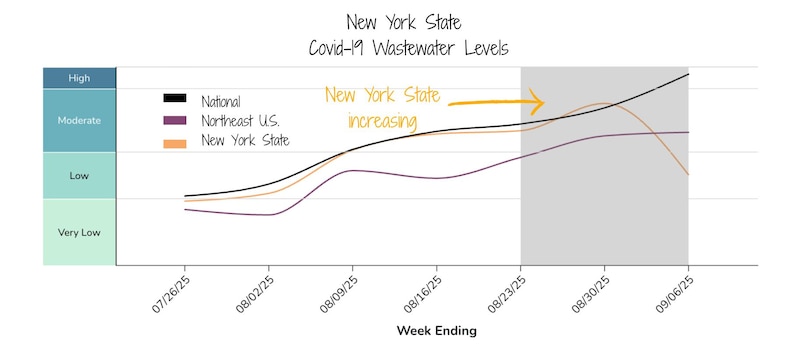
That said, the recent rise in wastewater concentrations aligns with increased hospitalizations.
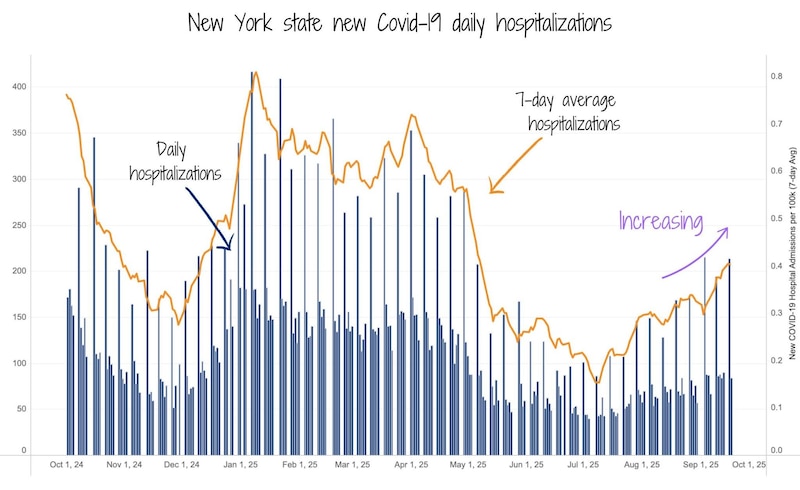
Everything else is quiet still:
Flu: Outpatient visits for flu-like illness haven’t started rising in New York yet, but I’m keeping a close eye on it. In other parts of the country, numbers have started to climb.
RSV: Still quiet.
I was planning on getting my fall Covid booster soon, but after just getting over Covid, I’m deciding to wait. Data show that after a Covid infection, delaying immunization by about ~6 months can increase its effectiveness. (YLE national covered the timing of Covid vaccines here). I’m getting my flu shot soon though!
Speaking of immunizations …
Updates to routine immunization eligibility are expected this week
There’s a lot happening right now around vaccine access and eligibility, both for Covid and routine immunizations.
Last week we covered New York’s steps to keep Covid-19 vaccination accessible, including executive and standing orders that allow pharmacists to vaccinate anyone over age 3 without a prescription. In practice, you may still need to check “yes” to the eligibility question on pharmacy websites when scheduling, but New York pharmacists have the authority to vaccinate you whether or not you have an underlying condition.
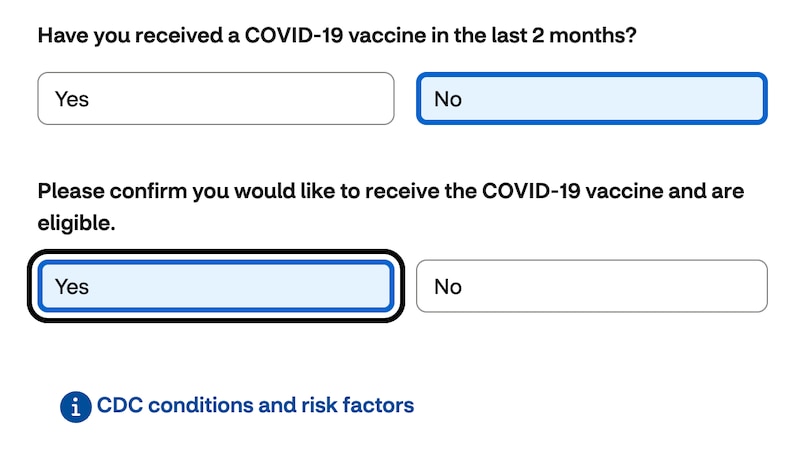
Today, the Advisory Committee on Immunization Practices is starting a two-day meeting to vote on Covid-19, hepatitis B, and MMRV (measles, mumps, rubella, varicella) vaccine recommendations. There is a very real possibility that ACIP will vote against recommending some of them for certain ages. Such a decision would truly be unprecedented given overwhelming evidence supporting their safety and effectiveness. If that happens, the availability of these vaccines will be reduced.
I do expect New York state will step in to protect these vaccines. Gov. Kathy Hochul has issued an executive order and standing order to safeguard Covid-19 vaccine access (we covered it here), and I anticipate something similar if ACIP votes against hepatitis B or MMRV. Even so, a quick executive order can’t erase the confusion. Potentially conflicting messaging from federal and state departments will undoubtedly create uncertainty and confusion, making it harder for some to get vaccinated.
While I don’t think that Covid vaccines should be removed, most people in New York have a buffer of community immunity, and access to Covid vaccines through the executive order. If recommendations change, it will have the greatest impact on those who don’t have immunity, like young children, pregnant women, and people who are immunocompromised. But hepatitis B and MMRV are a different story. Removing these vaccines sets us back in the progress we’ve made in protecting babies, and puts kids and vulnerable populations at risk of serious, preventable diseases.
That’s why now it’s more important than ever to stay informed, and remember that vaccines remain one of the safest, most effective tools to protect babies, children, and everyone else from severe and preventable illness. I’ll be back next week with the implications for New Yorkers after we know with certainty what the ACIP votes will be.
We are in peak West Nile virus season
New York is seeing West Nile virus activity across the state. This is typical — September is when we often see the highest West Nile virus infections. This most recent data show mosquitoes tested positive in:
- Erie
- Nassau
- Orange
- Rockland
- Suffolk
- NYC: all five boroughs
A few mosquitoes in Oswego County also tested positive for Eastern Equine Encephalitis virus, which is rare but more dangerous than West Nile. So far, there have been 26 human West Nile cases across the state, and no cases of EEE.
In New York, it’s too early to tell if this is a normal year or not because this is the time of the year when West Nile cases typically really pick up.
Nationally, West Nile is 40% higher than normal. In New York, we’re getting close to last year’s total West Nile-positive mosquito pools (1,638 so far, compared to 2,167 last year), and the season usually runs until the first few freezes in November. So it’s too soon to tell how bad this year will be.
New York counties continue to use mosquito control to reduce risk. Many have conducted or plan to conduct aerial insecticide spraying, where a plane disperses chemicals to kill mosquitoes or prevent breeding. (You can check your local health department website for local schedules.) There are recent or upcoming events for New York City (Brooklyn and Queens this week).
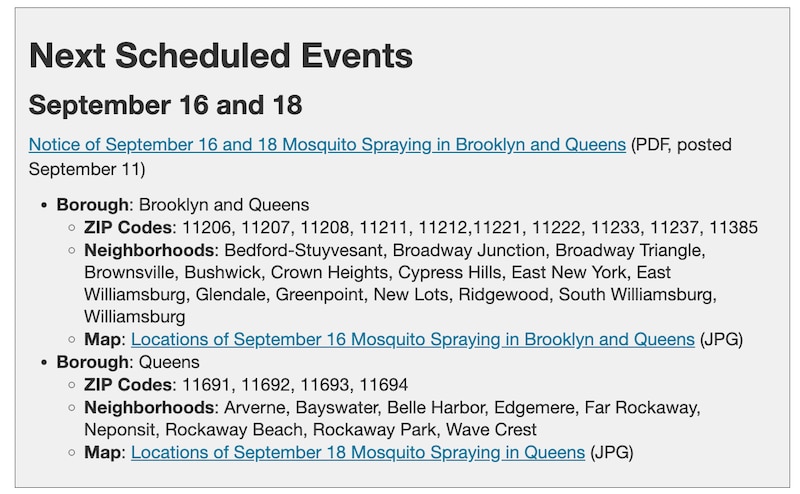
To minimize exposure to insecticides during spraying:
- Stay indoors
- Bring pets inside
- Close windows
Legionnaires’ disease in Westchester
Yes, another outbreak. This time Westchester County is investigating a spike in Legionnaires’ disease. So far this year:
- 38 people have been diagnosed
- 2 people have died
This is an increase — last year there were 24 cases total in the county. Across the state, excluding New York City, we are at 383 cases so far for this year.
Officials recently confirmed a cluster of five cases in Yonkers and said that cooling towers are being inspected in response. But we don’t know where the cases reside or where they could have been exposed. I’m concerned that not enough information is being shared, or shared quickly enough. Knowing which neighborhoods or ZIP codes are affected helps us assess personal risk. And clear, timely, and consistent communication from public health departments is essential, not just for managing outbreaks, but for building and maintaining community trust.
Legionnaires’ disease is a serious lung infection caused by breathing in tiny water droplets containing the Legionella bacteria. Symptoms usually start 2-10 days after exposure and can include:
- Cough
- Fever
- Chills
- Shortness of breath
- Muscle aches
- Diarrhea
Most healthy people exposed won’t get sick. Those at higher risk are adults over age 50, smokers, and people with chronic lung disease, diabetes, cancer, or weakened immune systems.
It’s not spread person-to-person because it doesn’t infect cells the same way a respiratory virus does (like Covid). You also can’t usually get it from drinking water — water rarely enters the lungs while drinking, and stomach acid likely kills it when ingested. In New York, and especially around New York City, outbreaks with cases across communities (like this one) are typically linked to cooling towers, which are separate from residential plumbing. This means that your tap water is not a risk.
Why has there been so much Legionnaires’ this summer?
The increase in Westchester Legionnaires’ cases follows the large outbreak in Central Harlem, where seven people died and 114 were diagnosed. We covered it here. And Legionnaires’ disease has been increasing nationally.
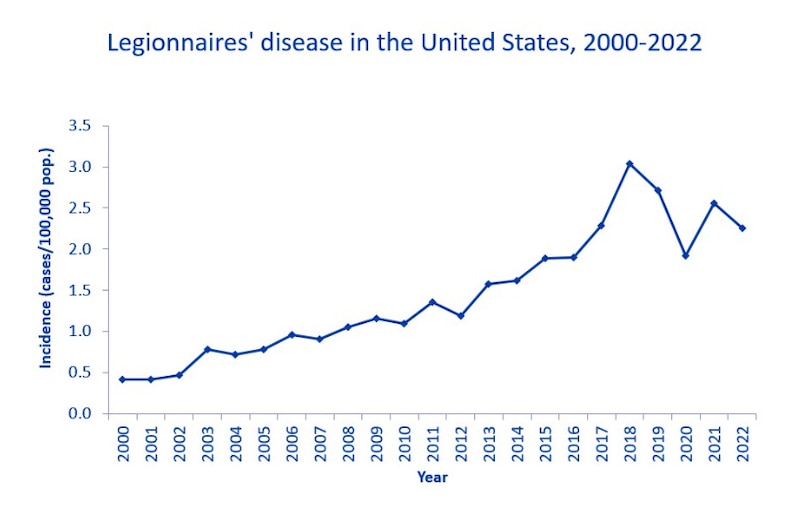
Several factors may be driving the increase in Legionnaires’ cases this summer in New York:
- Warmer temperatures and higher humidity can promote bacterial growth in water systems. This has been one of the hottest summers on record for many parts of New York.
- Potential lapses in regulation and inspection can allow Legionella to grow undetected, especially when buildings aren’t maintaining cooling towers properly. In New York, building owners are legally required to test cooling towers for Legionella every 90 days. During the Central Harlem outbreak, Gothamist reported that most of the towers linked to the outbreak were behind on testing and hadn’t been inspected by the city in over a year.
- Increased awareness can lead to more identified cases. When large outbreaks happen, media and public health alerts can increase the chance that milder cases are caught. Doctors might be more on the lookout and the public may be paying closer attention to their symptoms, which are good things.
- Climate change may also be playing a role, as longer and hotter warm seasons can create more opportunities for Legionella growth.
Grandparents for vaccines
Think Moms Against Drunk Driving, but for polio and measles. A new grassroots group of grandparents just launched to protect kids’ vaccine access. They’re driven by lived experience — remembering when these diseases ran rampant — and are elevating their stories.
Fueled by personal experiences, they are asking for support and stories. Learn more and join them here.
What else you need to know
Measles in NYC
The NYC Department of Health and Mental Hygiene has confirmed two adult cases of measles in Manhattan. They are investigating potential exposures at two unnamed restaurants in SOHO and the Lower East Side, and contacting those who may have been exposed. Reminder — if you are fully vaccinated, you are well protected.
Blue-green algae in Onondaga
Onondaga County has issued an advisory for a harmful algal bloom at Skaneateles Lake. These blooms, caused by overgrowth of blue-green algae (cyanobacteria), can cause skin rashes, stomach upset, or more serious illness if swallowed or inhaled. Before swimming at lakes or ponds, check local advisories and pay attention to posted signs. If you or your pet were exposed, rinse off really well and seek medical care if symptoms develop.
Bottom line
You’re all caught up on New York public health news this week!
Love,
Your NY Epi
Dr. Marisa Donnelly, PhD, is an epidemiologist, science communicator, and public health advocate. She specializes in infectious diseases, outbreak response, and emerging health threats. She has led multiple outbreak investigations at the California Department of Public Health and served as an Epidemic Intelligence Service Officer at the Centers for Disease Control and Prevention. Donnelly is also an epidemiologist at Biobot Analytics, where she works at the forefront of wastewater-based disease surveillance.

